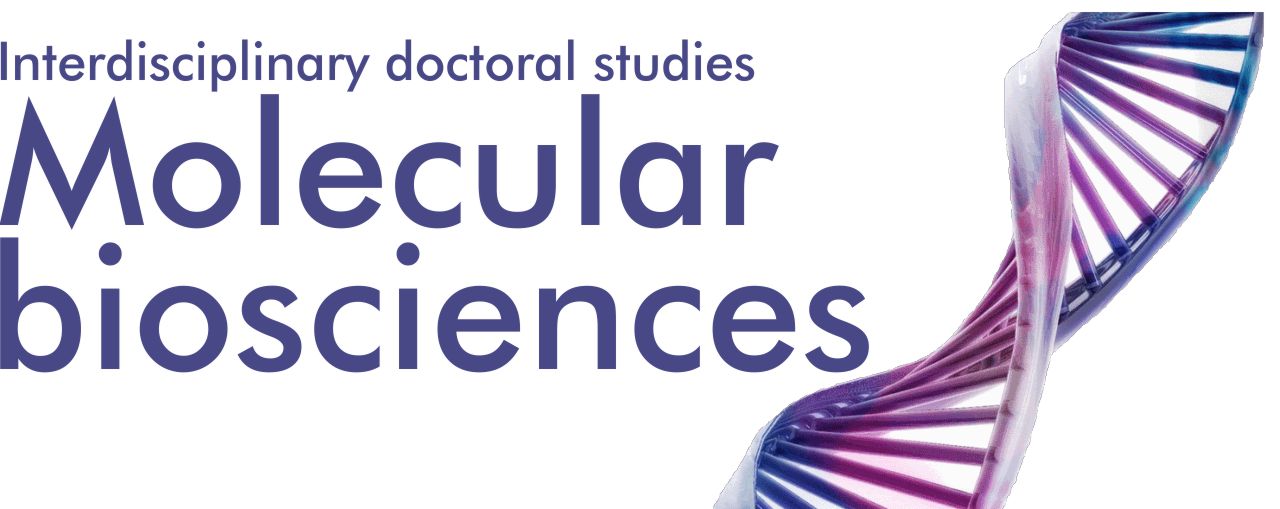| Cipher: | 2512 |
| Nomenclature: | Tissue culture and genetic transformation of plants |
| Study programme: | Molecular biosciences |
| Module: | Plant biology |
| Case holder: | the doc.dr.sc. Snježana Mihaljević, senior zn. Associate |
| Institution of the case holder: | Ruđer Boskovic Institute |
| Contributors - Contractors: | |
| Subject status: | Electoral College |
| The year in which the case is submitted: | Year I |
| The semester in which the case is submitted: | Semester II |
| Subject objective: | To know the application of plant cell and tissue culture, and genetic engineering of commercially important cultures. Understand the correlation between basic and applied research in agronomy and forestry, and the advantages and disadvantages of breeding genetically modified plant species. |
| Case contents: | Vegetative reproduction in in vitro conditions. Culture of cells, protoplasts and calluses. Anther culture. Plant growth regulators. Transformation of plant cells with special attention to transform using A. tumefaciens and A. rhizogenes. Genetically modified plant species. Resistance to pathogens, herbicides, etc. Biological control of plant diseases by genetic transformation of pathogens. Horizontal gene transfer in vitro and in vivo. Practicum: vegetative reproduction of shoots infected with plant pathogens, proving transgenes in plant tissue or proving pathogens. |
| Learning outcomes: competences, knowledge, skills that the subject develops: | 1. Assess the possibility of applying knowledge about plant tissue culture in plant biotechnology. |
| ECTS Credits | 4 |
| Lectures | 5 |
| Seminars (IS) | 5 |
| Exercises (E) | 10 |
| Altogether | 20 |
| The way of teaching and acquiring knowledge: | Students are obliged to attend lectures, practice and seminars. |
| Ways of teaching and acquiring knowledge: (notes) | |
| Monitoring and evaluating students (mark in fat printing only relevant categories) | Attendance, Teaching activities, Mandatory seminar work |
| Rating method: | Oral exam, Essay/Seminar, Continuous examination of knowledge in the course of teaching, 9, Practical work |
| Mandatory literature: | Ausubel, FM et al. Current Protocols in Molecular Biology. Greene Pub. Associates; Wiley-Interscience, New York, 2012. |
| Supplementary (recommended) literature: | Ambriović-Ristov A, Brozović A, Bruvo Mađarić B, Cetković H, Hranilovic D, Herak Bosnar M, Katušić Hećimović S, Meštrović Radan N, Mihaljević S, Slade N, Vujaklija D. Molecular methods in biology. Ruđer Boskovic Institute, Zagreb, 2007. |
| How to monitor the quality and performance performance (evaluation): | The success of the course will be evaluated annually by the joint expert committee of the Ruđer Boskovic Institute, the University of Dubrovnik and the University of Josip Juraj Strossmayer in Osijek based on exam success and surveys. |
